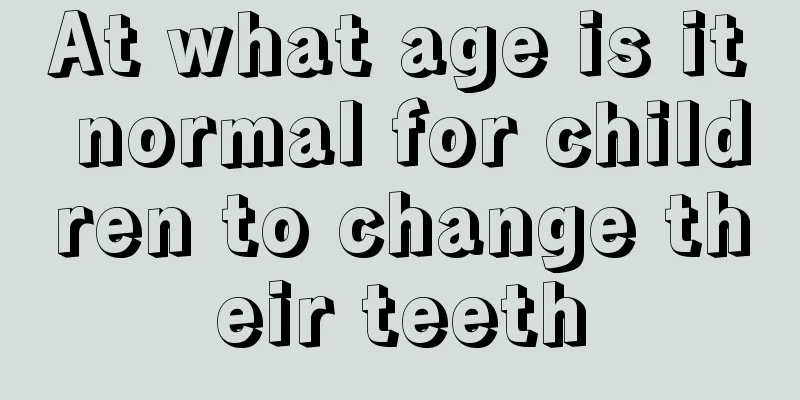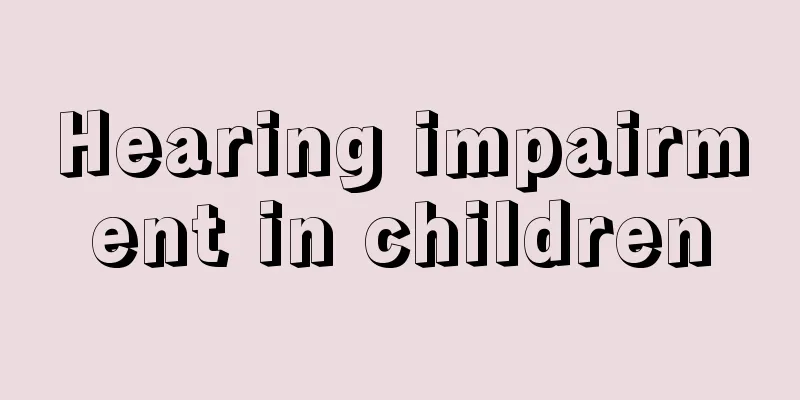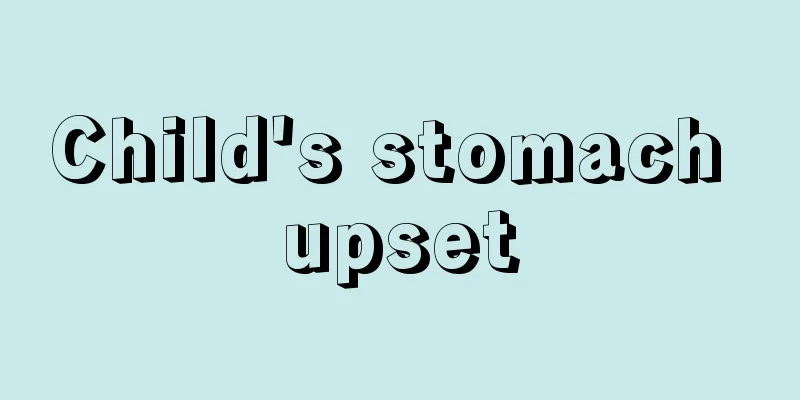How many teeth does a 9 month old baby have?

|
Many babies begin to grow teeth when they are six months old. As the baby grows older, his teeth will gradually increase. The time and number of teeth growing for different babies are actually different. Mothers should not worry too much about their baby's teeth growing late. When the child is nine months old, we can see a few white baby teeth in the baby's mouth. So, how many teeth will a 9-month-old baby have? Generally, two lower incisors grow at 6-7 months, and two upper incisors grow at 8-10 months. So a nine-month-old baby usually has either two or four teeth. However, this is not necessarily the case, because teething is closely related to genetics. As long as the baby has teething before one year old, it is normal.Baby teething order There are great differences in the time when babies' teeth erupt. Some babies' teeth erupt early, while others erupt late, but as long as it is within the range of individual differences, it is normal. Generally speaking, the order in which babies grow teeth follows a certain pattern, with the left and right teeth developing symmetrically. The specific order in which babies grow teeth is as follows: 1. Central incisors: 2 in mandibular (6 months); 2 in maxillary (7.5 months). 2. Lateral incisors: 2 in mandibular (7 months); 2 in maxillary (9 months). 3. First deciduous molars: 2 in mandibular (12 months); 2 in maxillary (14 months). 4. Canines: 2 in the lower jaw (16 months); 2 in the upper jaw (18 months). 5. Second deciduous molars: 2 in mandibular (20 months); 2 in maxillary (2 years old). For some babies, the teeth erupt in the wrong order, but it does not affect the arrangement of the teeth in the end and does not require any treatment.The eruption of baby's deciduous teeth follows such a physiological law: eruption at a certain time, growth in a certain order, and symmetrical development of the left and right teeth. Generally speaking, baby's primary teeth begin to erupt when they are 6-7 months old. However, some babies will grow baby teeth 4 months after birth, while others may not grow them until 10 months or even a year after birth. Every baby's physical development is different, and the time of tooth growth is different. It is normal for a baby to start growing deciduous teeth within 18 months after birth.
Babies may have a fever during teething, but there is no necessary relationship between teething and fever. In the first few days before the eruption of deciduous teeth, the baby may have some abnormal behaviors, such as crying, increased saliva, biting fingers and hard objects, poor sleep, loss of appetite, etc. Some babies may also have low fever, mild diarrhea, and local gums may be congested and swollen. Eating, biting fingers or eating randomly can easily cause diseases such as fever and diarrhea, so special attention should be paid to hygiene when the baby is teething. In fact, the eruption of deciduous teeth is part of every baby's growth process. Fever symptoms may occur during teething due to some physiological factors. As long as parents understand the severity of the baby's fever, pay more attention and be alert, and seek medical attention immediately if any abnormality is found, the baby can go through this necessary growth process smoothly. |
<<: Baby has diarrhea and high white blood cell count?
>>: How many teeth does an eight-month-old baby have?
Recommend
Symptoms of otitis media in children
Otitis media is one of the most common ear diseas...
2-year-old baby's eyes are red and bloodshot
If there are bloodshot eyes in your baby, it is l...
What to do if your baby has swollen eyes and eye mucus
Every baby is a mother’s angel, and the baby’s he...
Can people with hand, foot and mouth disease eat shrimp?
Patients with hand, foot and mouth disease should...
What are the causes of recurrent tonsillitis in children?
Children's illness is the most worrying thing...
Why does my child keep blinking?
Eyes are our first window to directly contact the...
What soup can children drink to grow taller
Paying attention to your daily diet can help you ...
What disease causes blisters on an eight-month-old baby’s hands?
When the baby is about eight months old, he can b...
What are the symptoms and causes of bacterial infection in the baby's intestines?
New mothers, when your baby has diarrhea, parents...
What should I do if my child has not grown in height for half a year?
Children will start to grow when they reach a cer...
Six month old baby loves to stick out tongue
After ten months of pregnancy, the most important...
How is the effect of cleft lip repair?
Cleft lip is a type of disease that occurs in chi...
How to tell if your child has ADHD
Currently, there are more and more children suffe...
What should baby eat if his stomach is upset? Parents, please read this carefully!
Parents need to pay attention to their children&#...
Why doesn't a three-month-old baby sleep?
Children are always restless when they sleep at n...









